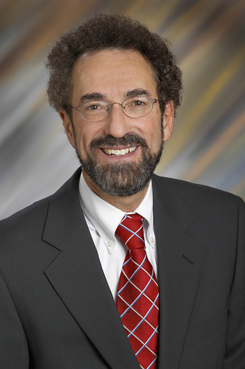Like the inevitable phoenix, the Pennsylvania Peer Review Act gives rise to significant appellate court cases from time to time. Most recently, the Pennsylvania Supreme Court in Reginelli v. Boggs, 181 A. 3d 293 (Pa. 2018), emphasized the narrow scope of the protection afforded by the PRPA. “The PRPA’s evidentiary privilege is reserved only for the ‘proceedings and documents of a review committee,’” 63 P.S. Section 425.4. Its narrow interpretation of the act calls into question many of the prior decisions in this area.
In Reginelli, Monongahela Valley Hospital (MVH) contracted with UPMC Emergency Medicine (ERMI) to provide staffing and administrative services for its emergency room. Both MVH and ERMI claim that the PRPA’s statutory evidentiary privilege protects from disclosure the performance file of Dr. Marcellus Boggs that had been prepared and maintained by Dr. Brenda Walther, who served as the director of MVH’s emergency department and was Boggs’ supervisor. Boggs and Walther were employees of ERMI. MVH did not contend that Walther was a member of the hospital’s peer review committee. Instead, MVH argued that Walther acted, ostensibly, as a “separate” peer review committee for the ERMI-supplied emergency department physicians. It was important that the performance review in question was not generated or maintained by MVH’s peer review committee.


 Cliff Rieders
Cliff Rieders




